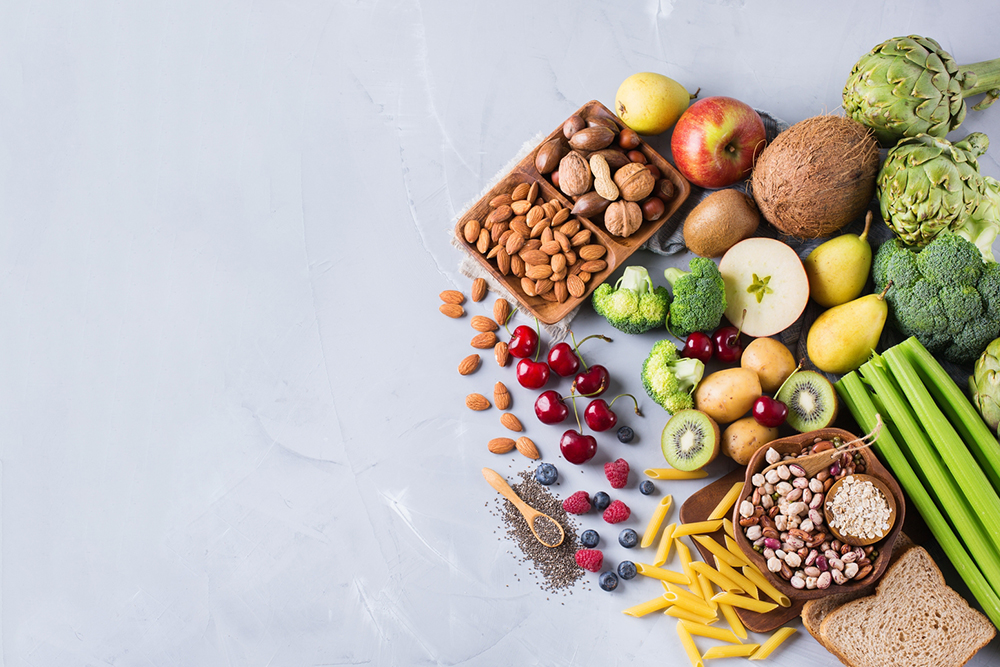Top 4 Nutritional Strategies to Support Presbyopia Prevention
Discover four effective dietary strategies to support presbyopia management. Incorporate whole grains, omega-3-rich foods, leafy greens, and green tea into your diet to promote healthy eyes and reduce age-related vision issues. These nutritional tips can help protect against macular degeneration, dry eyes, and other eye health concerns associated with aging.

Top 4 Nutritional Strategies to Support Presbyopia Prevention
Presbyopia causes difficulty focusing, a common age-related issue affecting many individuals. While it cannot be entirely prevented, certain foods can help manage symptoms. Here, we highlight four essential dietary choices to support eye health in presbyopia sufferers:
Whole Grains and Fiber-Rich Cereals
A diet emphasizing foods with a low glycemic index can benefit those with presbyopia, also reducing the risk of macular degeneration. It’s best to limit sugar and refined grains found in white bread and pastries. Instead, choose whole grains like oats, brown rice, and quinoa, which are rich in fiber, vitamin E, zinc, and niacin—all vital for maintaining healthy eyesight.
Foods Rich in Healthy Fats
Omega-3 fatty acids, found in oily fish, walnuts, flaxseed, and canola oil, are beneficial for presbyopia management. They help prevent dry eyes and may lower cataract risk. Aim to include omega-3-rich fish twice a week. Additionally, avoid trans and saturated fats, as these can harm eye and overall health.
Green Tea
Green tea is packed with antioxidants that support cognitive function, aid fat loss, and reduce cancer risk. Consuming green tea can also help prevent cardiovascular diseases and diabetes, which are linked to eye health through protecting the retina from damage.
Leafy Green Vegetables
Spinach, kale, collard greens, and other leafy vegetables contain carotenoids such as lutein and zeaxanthin. These nutrients help shield the eyes from blue light damage, lowering the risk of macular degeneration and supporting overall eye integrity.










